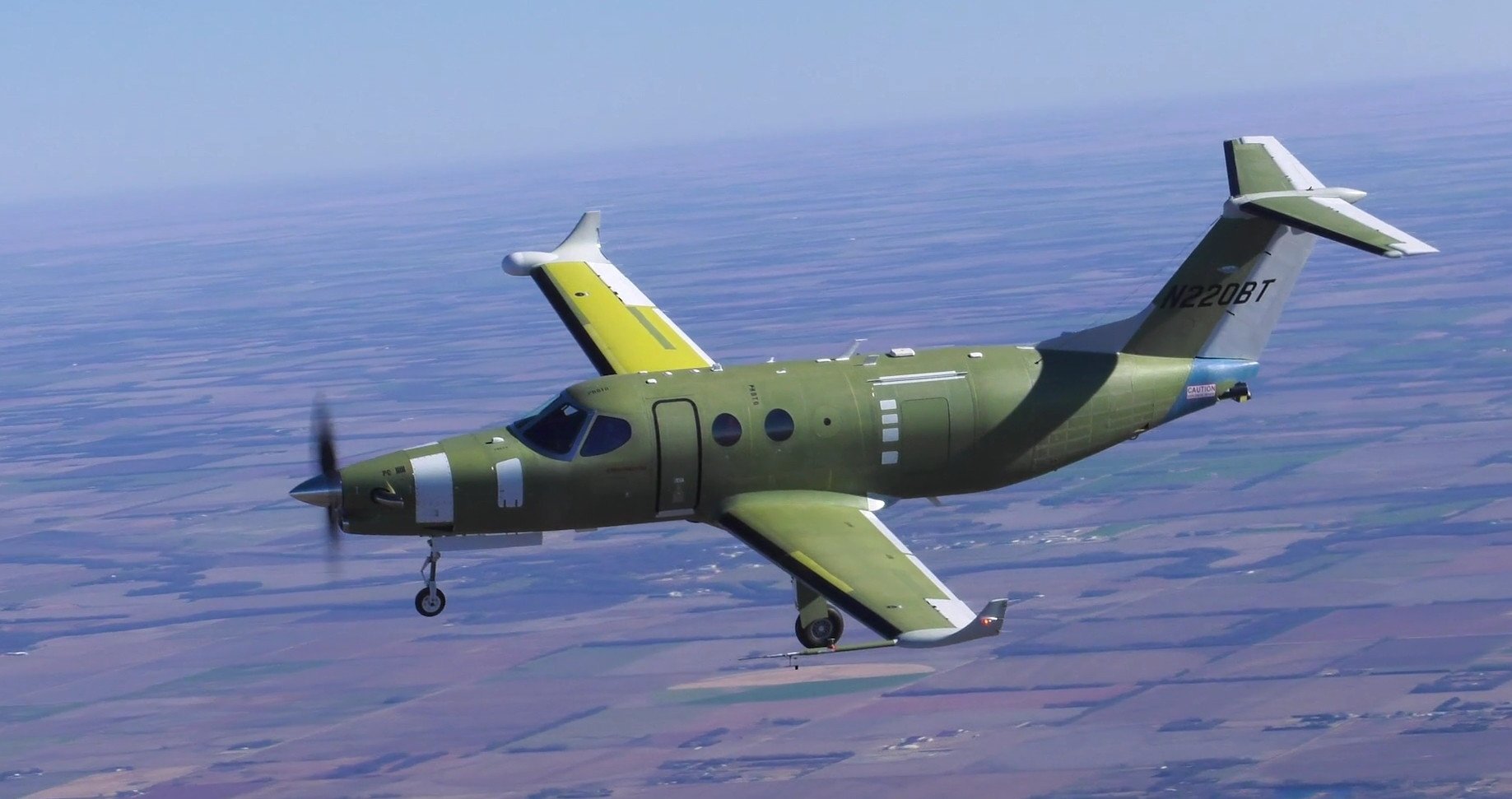GE’s Catalyst close to certification as first all-new turboprop engine design in more than 50 years
General Electric Catalyst turboprop
GE Aviation unit Avio Aero said it has continued to progress toward certifying its new Catalyst turboprop engine, they said it has completed 50 percent of certification testing which involves more than 3,000 hours of combined operations. The company also said they had assembled 19 engines and delivered three flight worthy engines to Textron Aviation.
The Catalyst is made from components produced in Italy, Czech Republic, Germany, and Poland. It’s set to be revolutionary in its segment, the engine is the first new clean-sheet business turboprop engine design in 50 years; Compared to its nearest competitor the Pratt & Whitney PT6A, the catalyst burns 20% less fuel, produces 20% less CO2 emissions, and produces 10% higher cruise power compared to the PT6A. Enabling much of this is the engine’s pressure ratio which is much higher than the Pratt & Whitney engine, the PT6A has a 13:1 pressure ratio, the Catalyst has a much higher 16:1. The Catalyst is also equipped with a fadec and single-lever engine and propeller control system and has achieved 41,000 feet in an altitude chamber.
Though the engine has been developed and is being made in Europe it is a No-license Required (NLR) from the U.S. and is not subject to ITAR (international traffic in arms regulations) export control regulation by the U.S. Commerce Department. The engine is also suitable for applications in hybrid-electric or electric transport and can generate more than one megawatt of power.
Textron Aviation Beechraft Denali
The first aircraft to use this engine will be the Beechcraft Denali, the Denali is a new clean-sheet design turboprop which is intended to compete against the Daher-Socata TBM and the Pilatus PC-12; it made its first flight in November of last year and the company is targeting type certification and deliveries by 2023.


